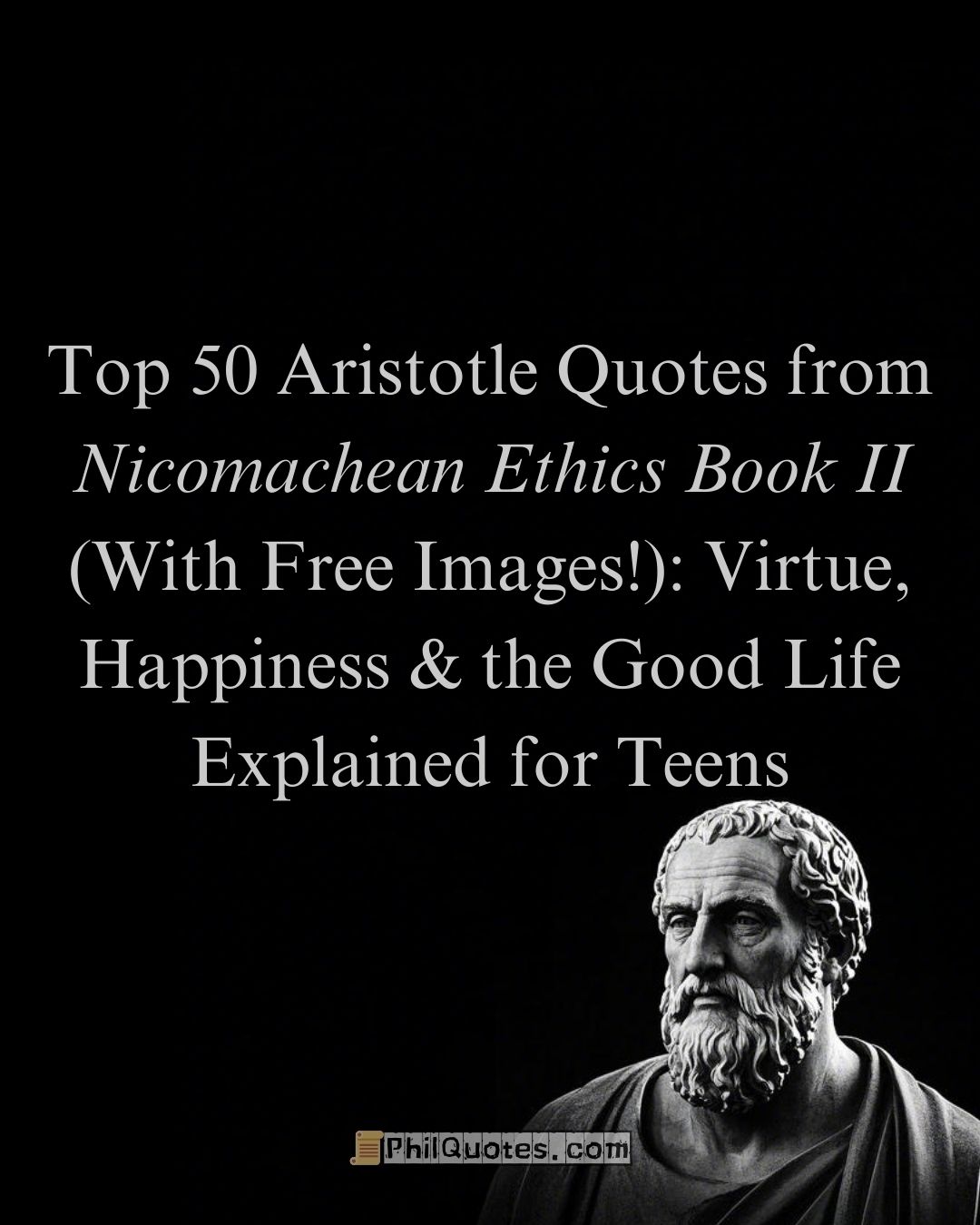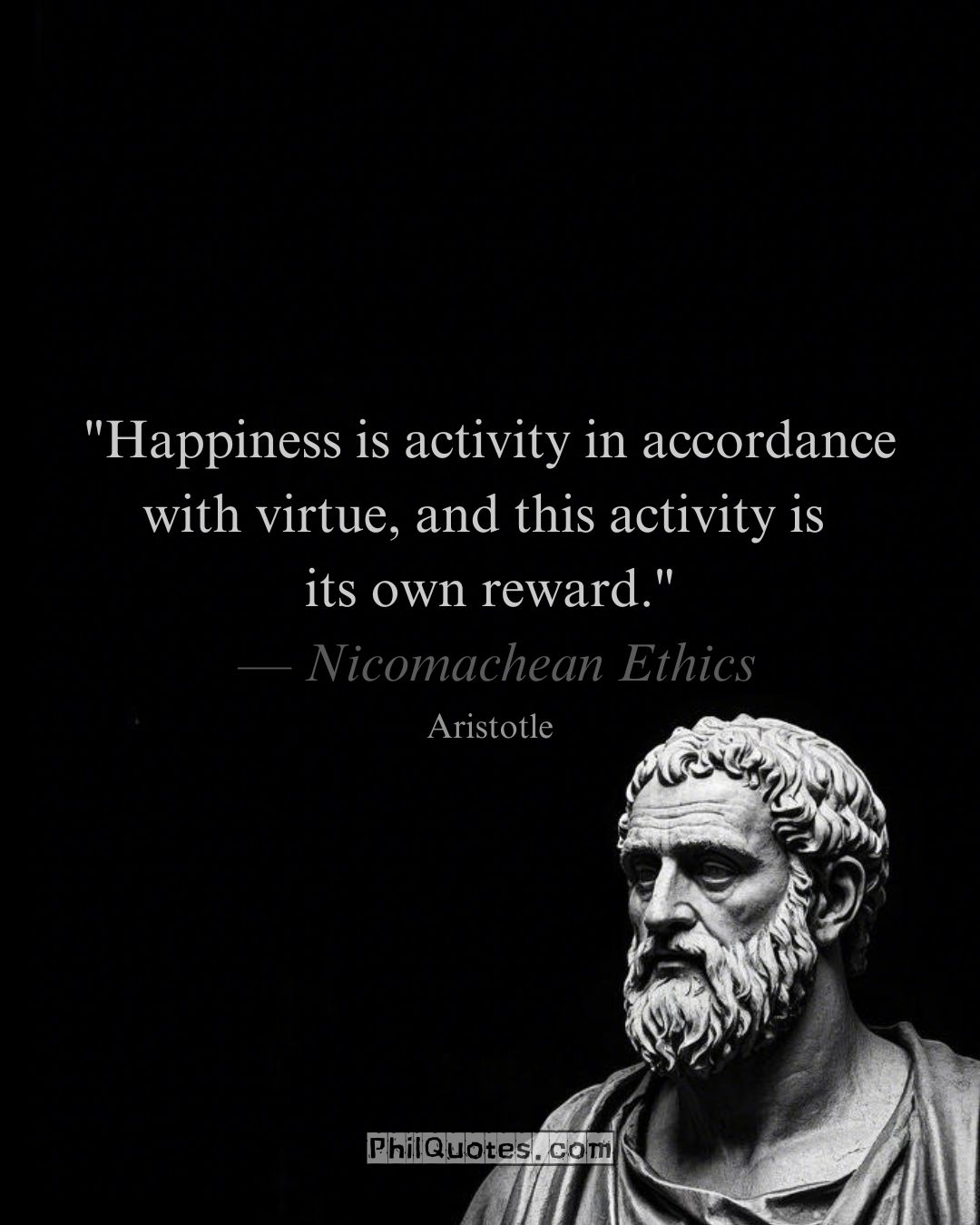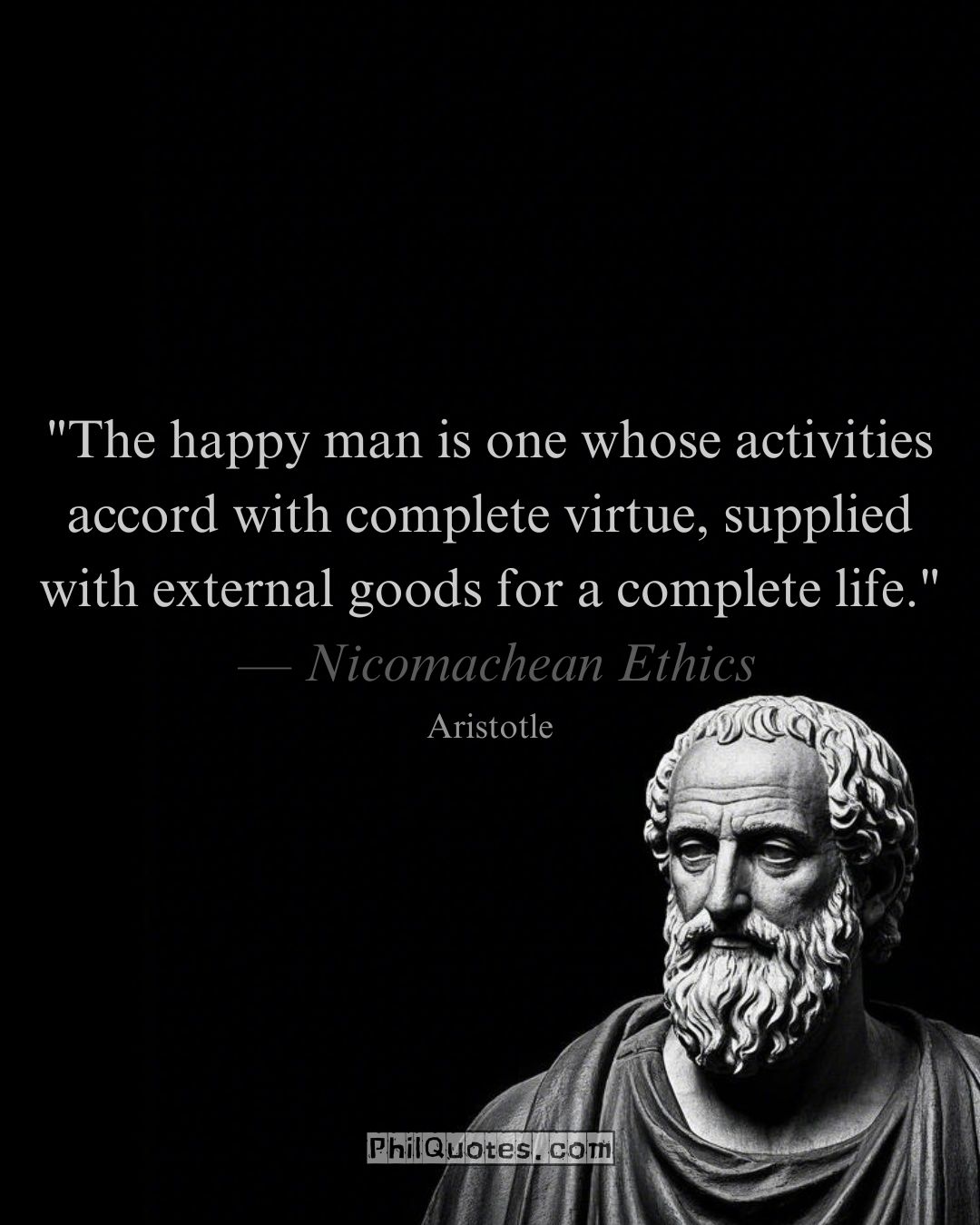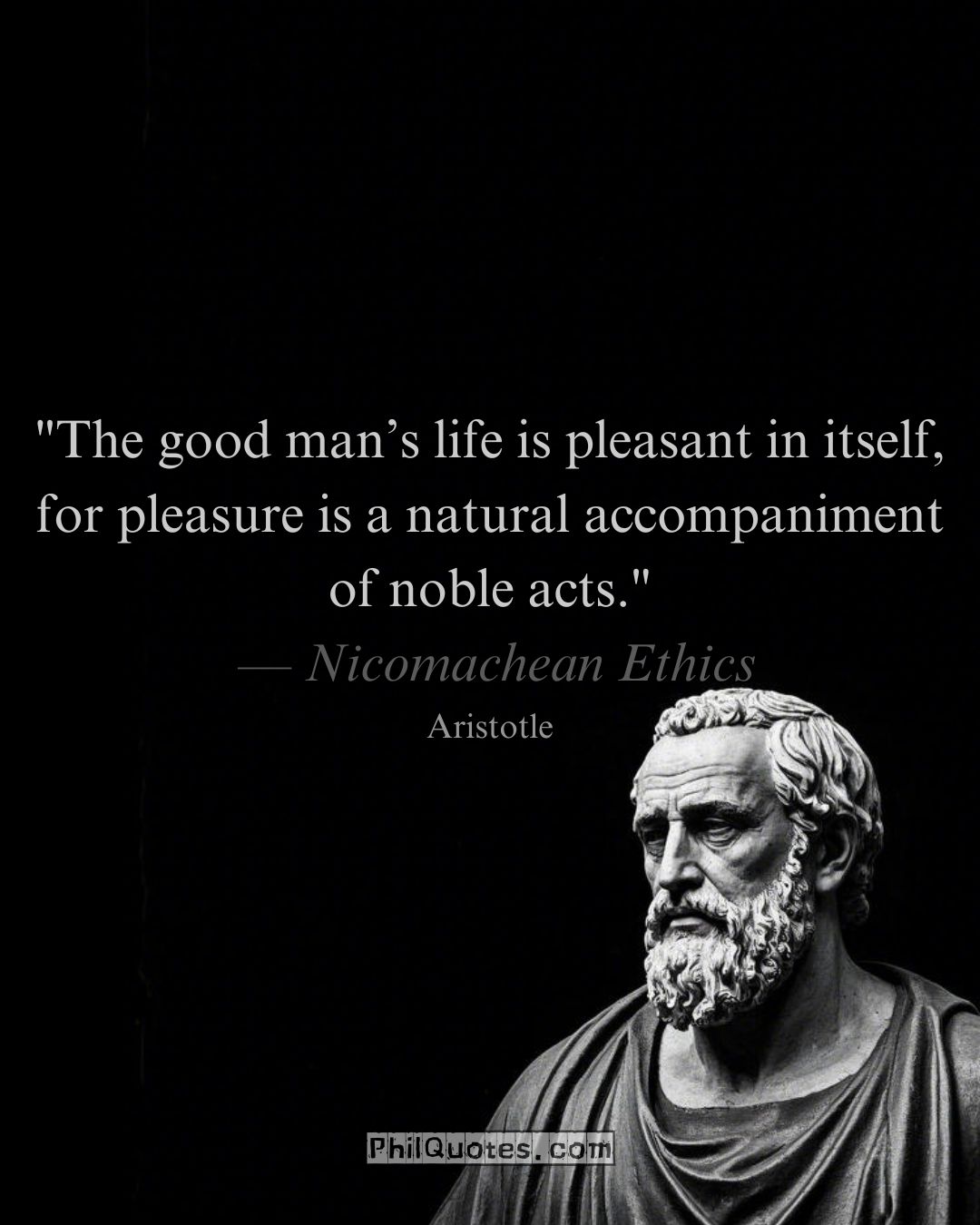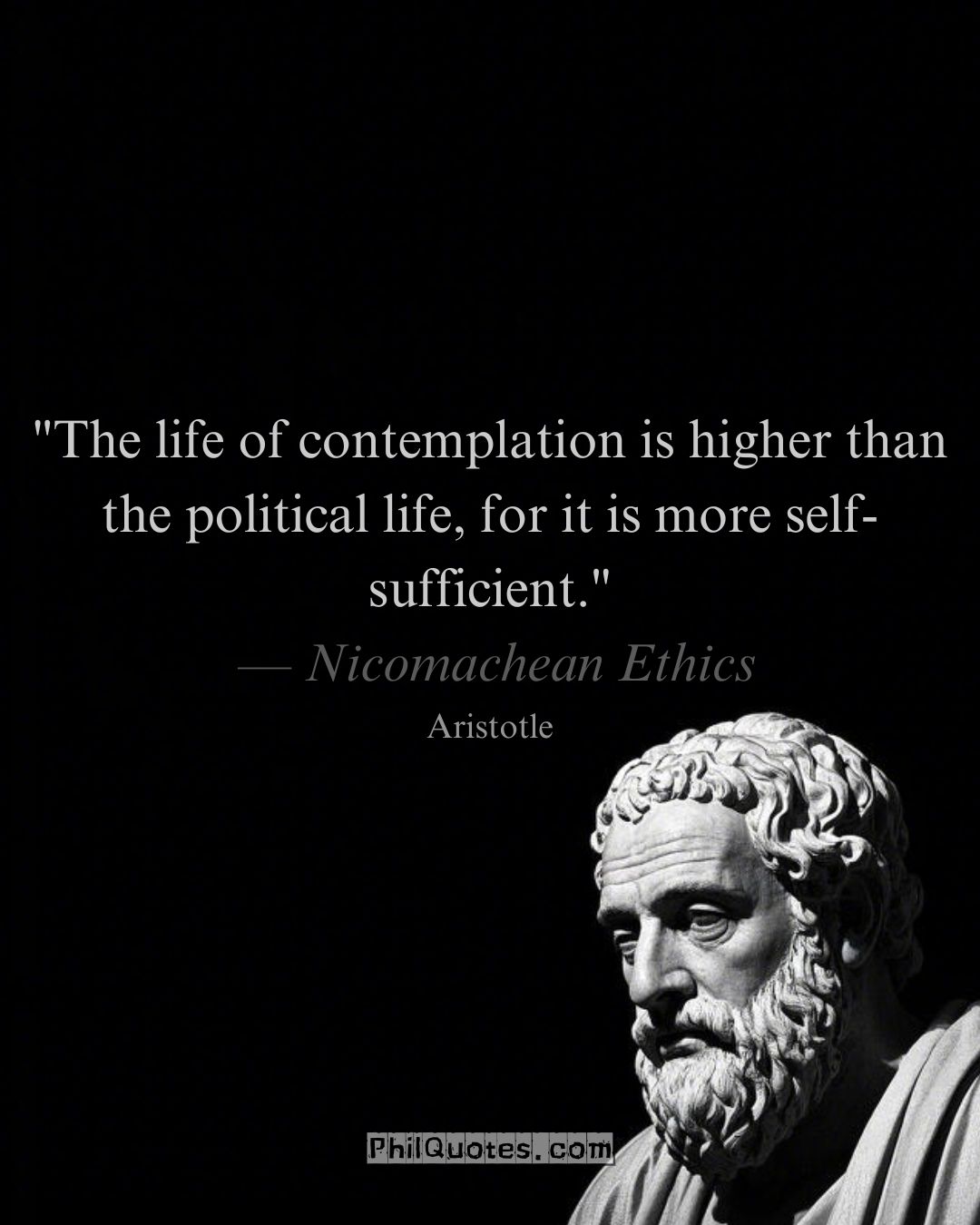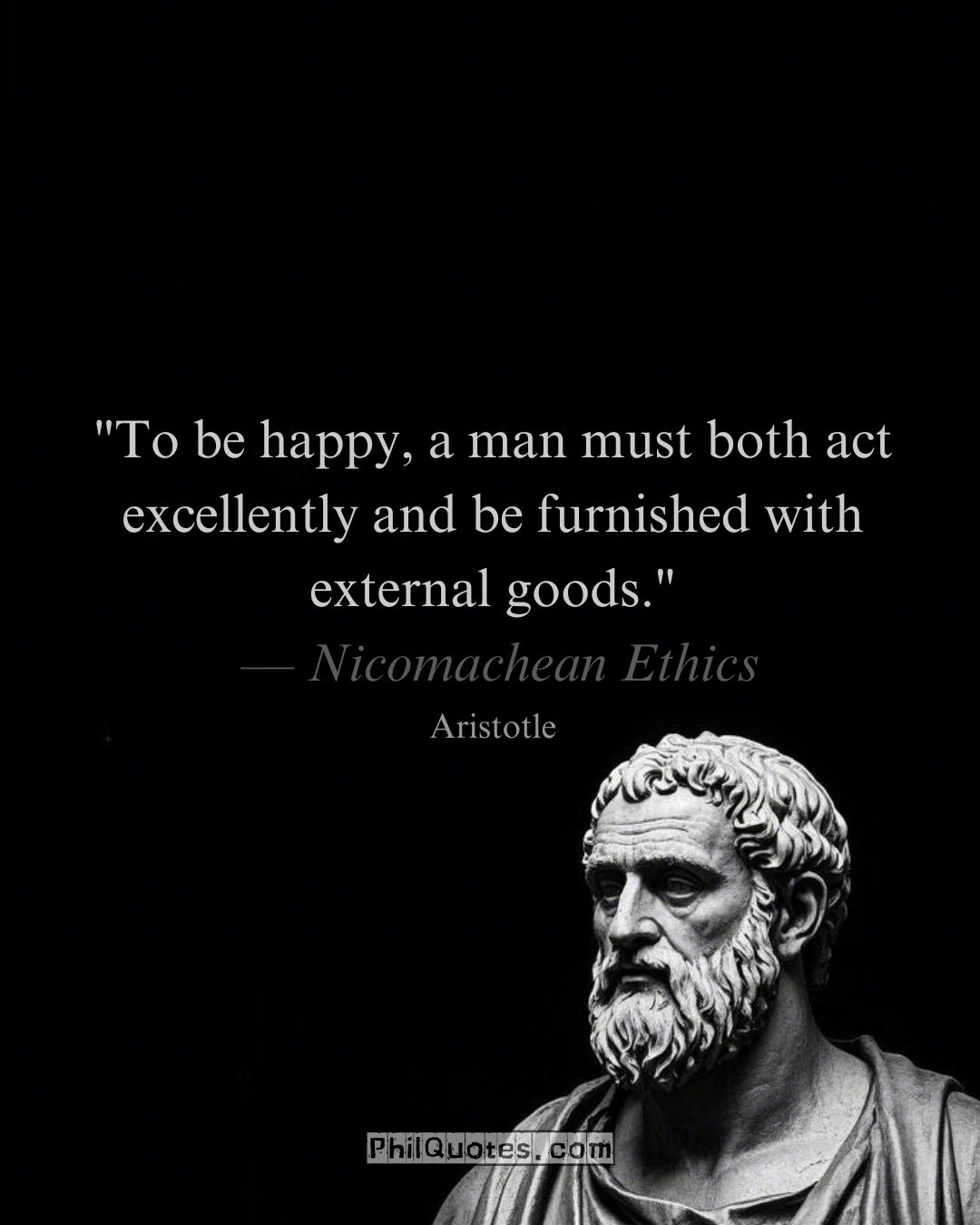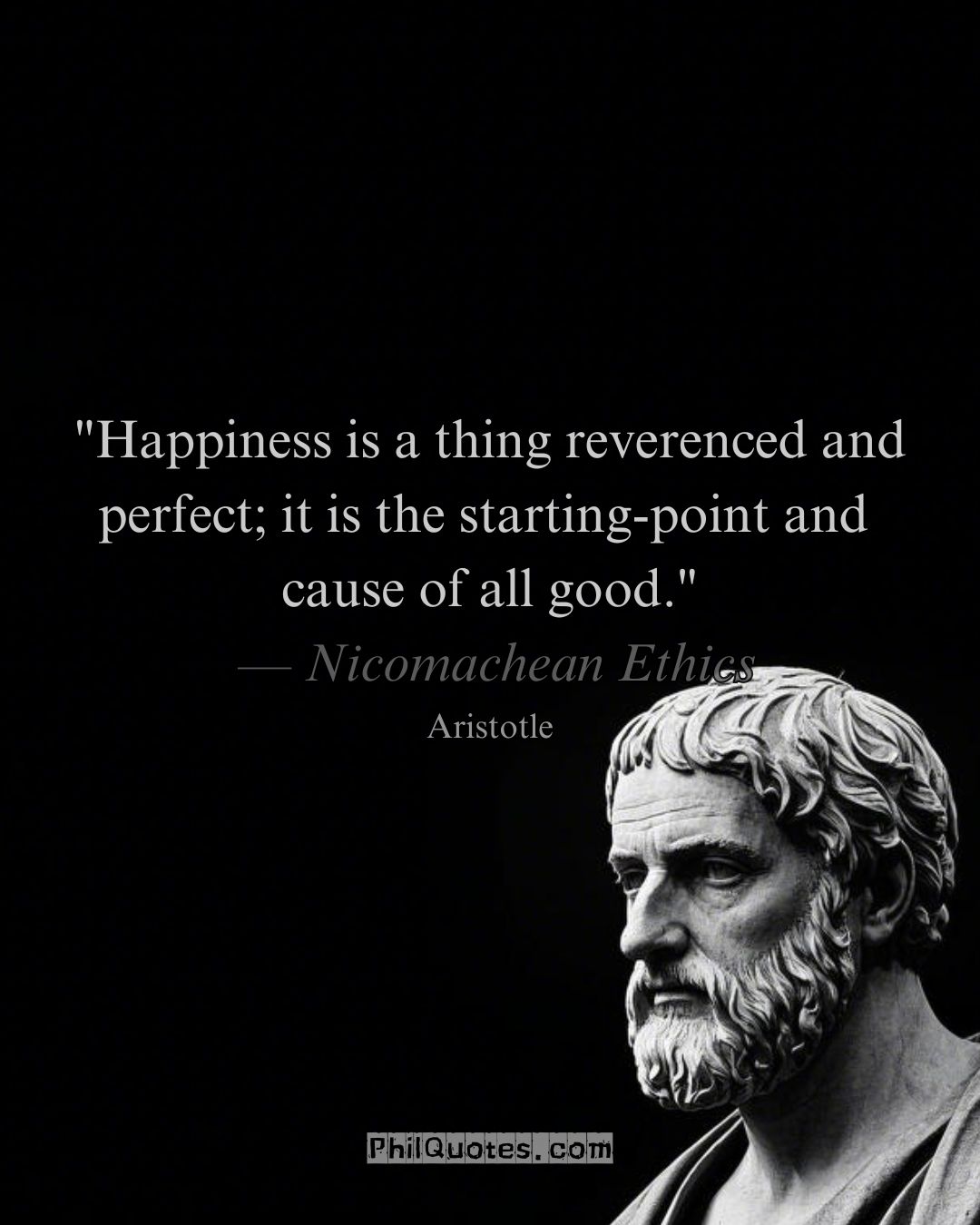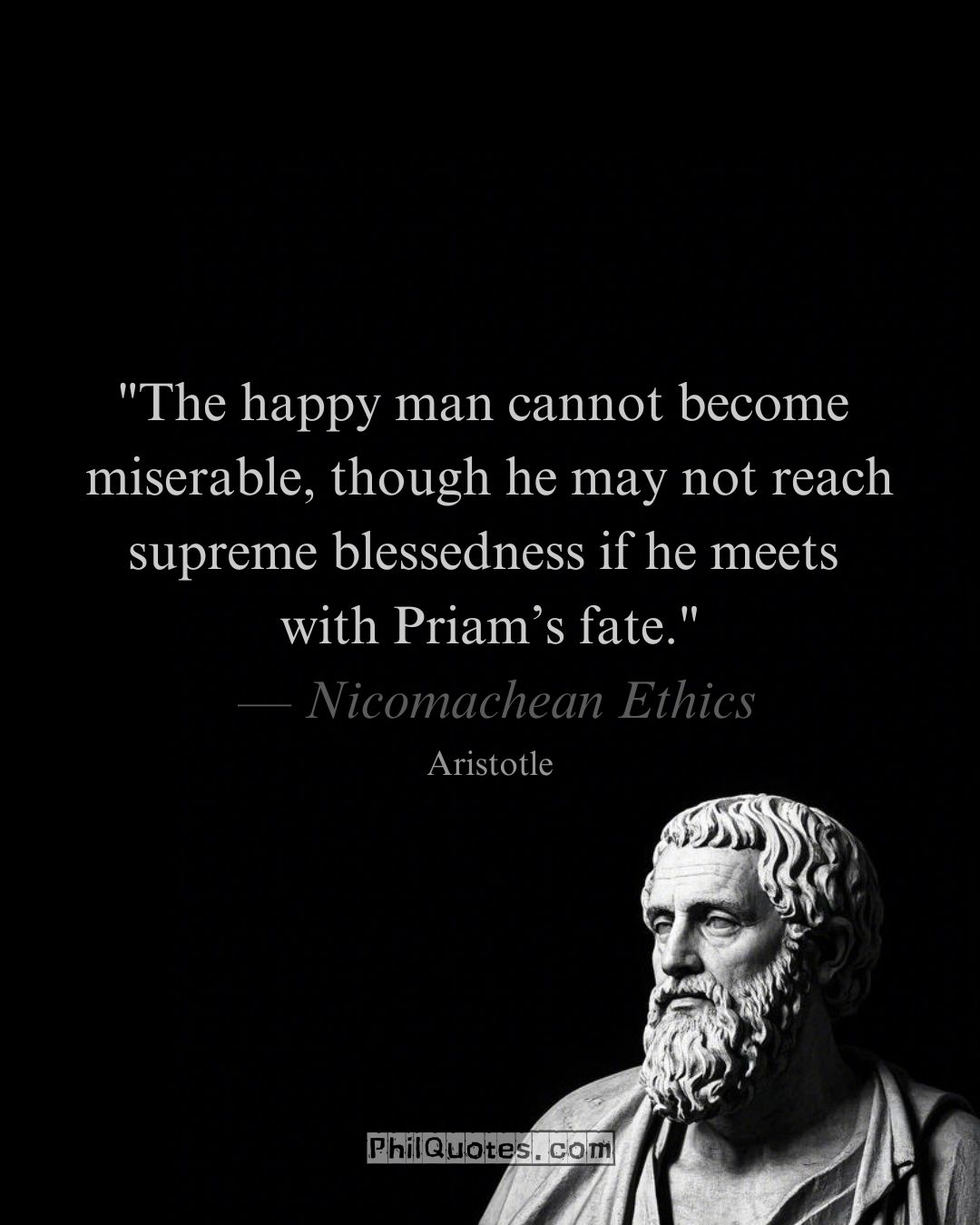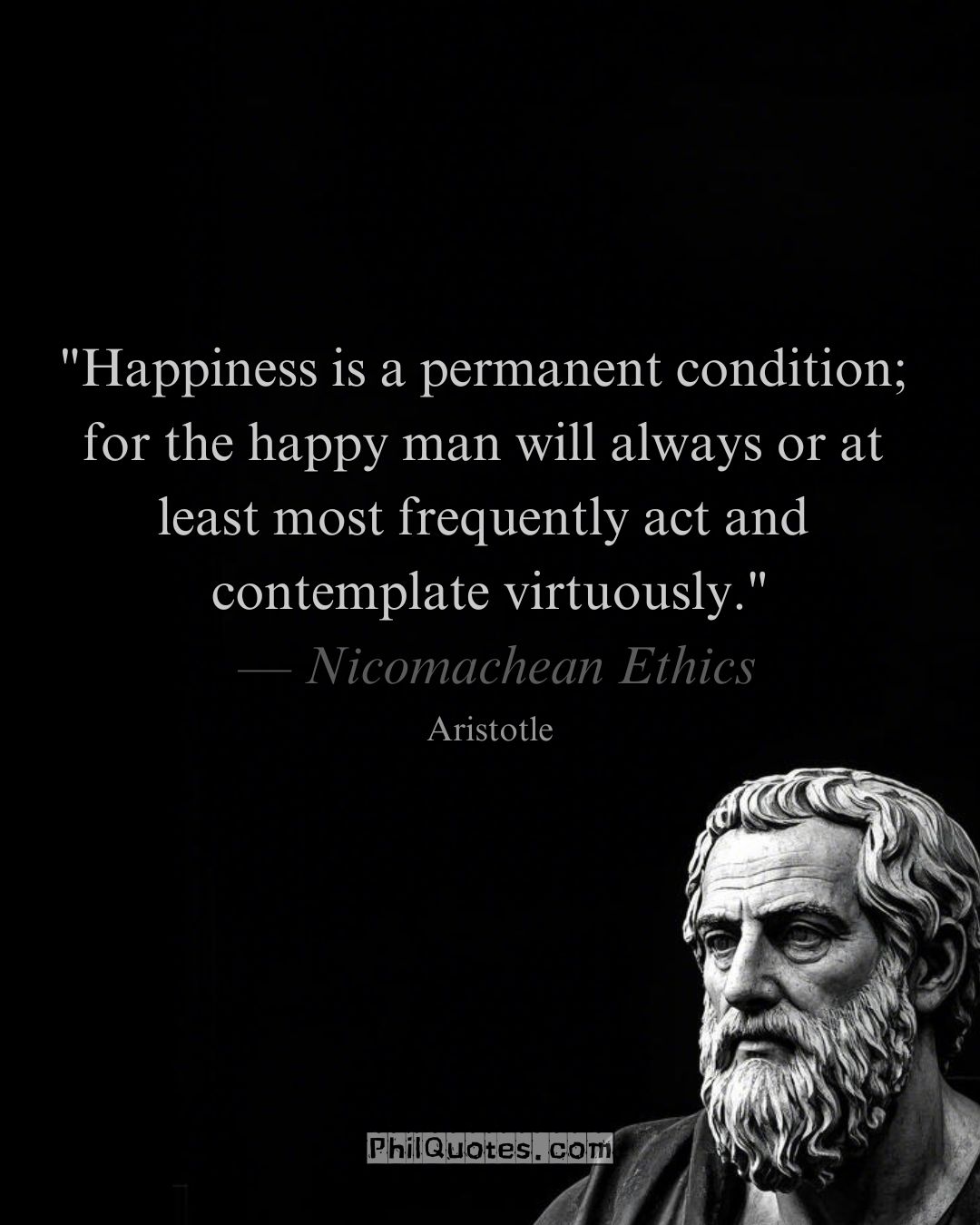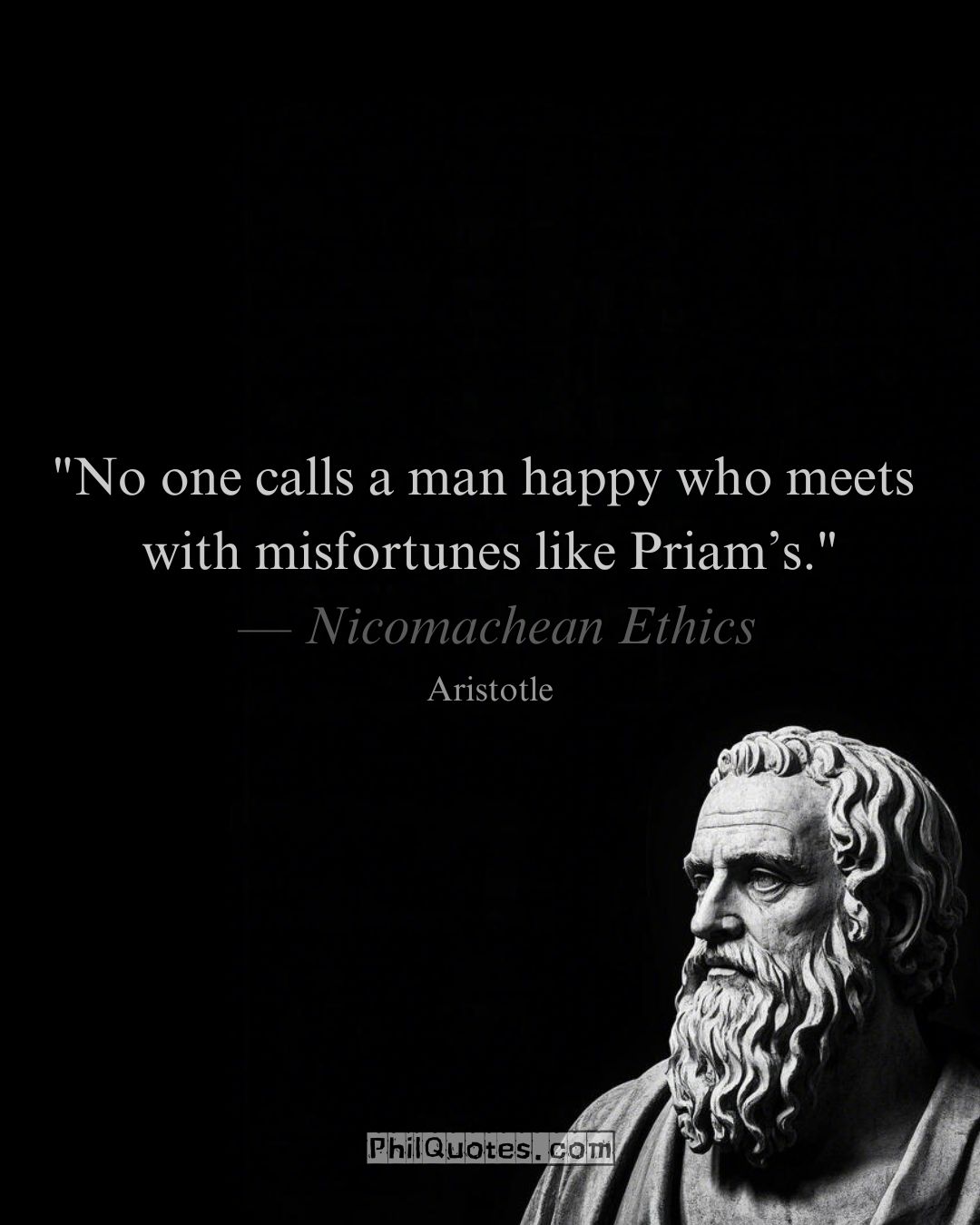Top 50 Aristotle Quotes from Nicomachean Ethics Book II (With Free Images!): Virtue, Happiness & the Good Life Explained for Teens
Have you ever wondered how to become a better person—or what it even means to live a ”good life”? Over 2,000 years ago, the ancient Greek philosopher Aristotle asked these same questions, and his answers still inspire us today. In his famous book Nicomachean Ethics, Aristotle explains that virtues like courage, honesty, and kindness aren’t … Read more
